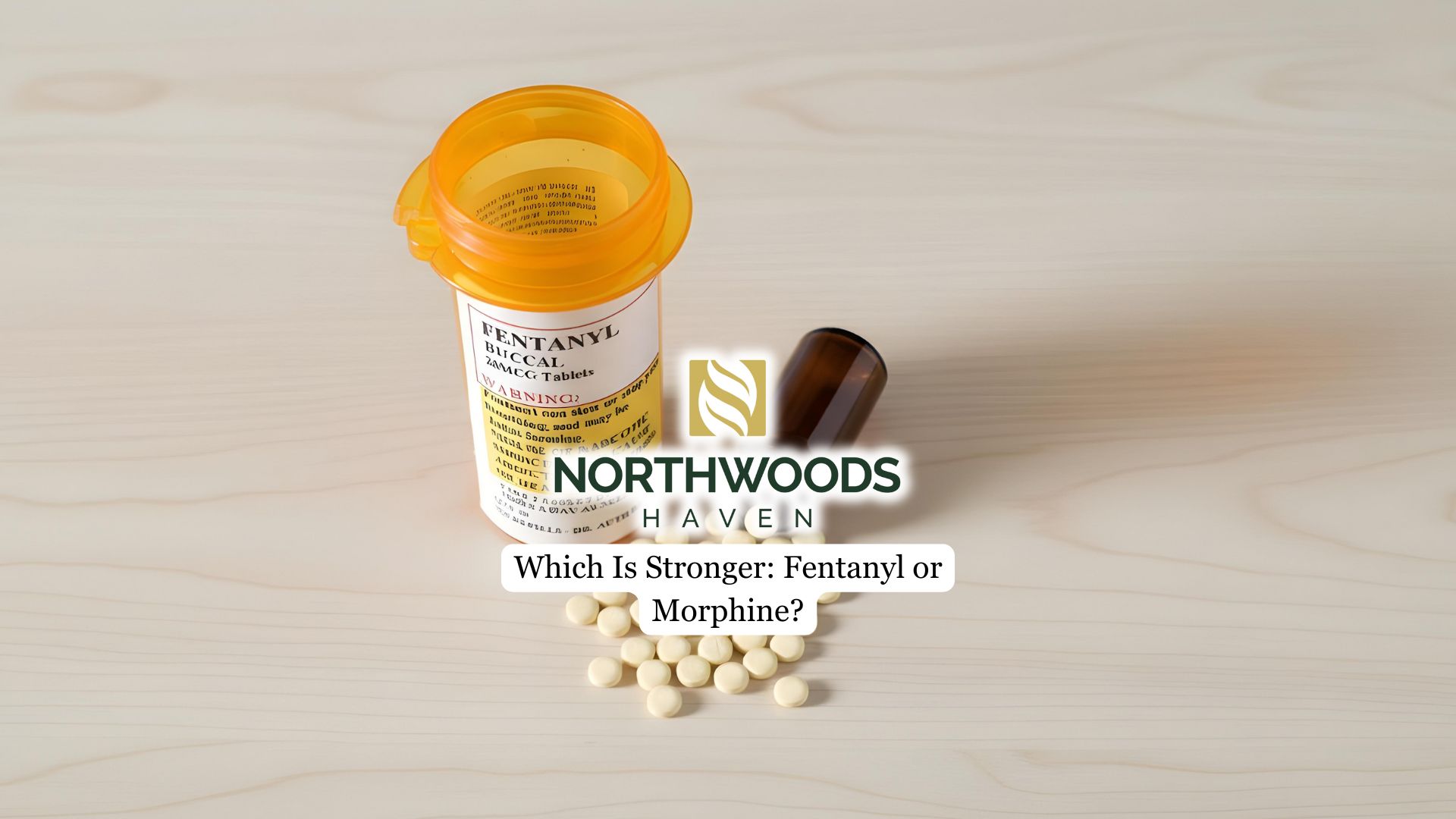Choosing the most suitable rehab facility is a highly individualized process that requires careful consideration of several key factors. It’s crucial to evaluate the treatment approaches, the qualifications of the staff, the location, and the availability of aftercare support. The optimal facility should not only address your immediate needs for detoxification and stabilization but also provide a comprehensive plan for long-term recovery and personal development.
In this article, we will explore the essential factors you should consider when choosing a rehab facility.
Accreditation and Licensing
Accreditation from respected organizations like CARF and The Joint Commission demonstrates that a facility adheres to rigorous quality standards in addiction treatment.
It’s a stamp of approval, indicating that the center employs evidence-based practices and maintains a commitment to exceptional care.
Licensing, on the other hand, confirms that a treatment facility complies with state regulations and undergoes regular inspections to ensure safety and effectiveness. It’s a baseline requirement that every reputable rehab center must meet.
When you opt for an accredited and licensed facility, you’re increasing your chances of receiving top-notch care from qualified professionals. These facilities are more likely to have a track record of success, as they’re held to higher standards of accountability.
Treatment Approaches
When evaluating treatment options, prioritize centers that employ evidence-based treatments like Cognitive Behavioral Therapy (CBT) and Motivational Interviewing. These proven methods form the foundation of effective recovery from substance use disorders.
If you’re struggling with co-occurring disorders, seek out facilities offering integrated treatment that addresses both substance use and underlying mental health issues simultaneously. This comprehensive approach can significantly improve recovery outcomes.
Also, look for rehab centers where addiction psychiatrists and qualified staff create individualized treatment plans tailored to your unique circumstances and history.
Read more details about the main substance abuse treatment modalities and gain a better understanding of their differences and benefits.
Location and Setting
The facility’s location can significantly impact your recovery journey. If you have a supportive family and friends nearby, being close to them may enhance your motivation and engagement in treatment.
Urban rehab centers often provide a wider range of resources and activities, while rural facilities offer a tranquil environment that minimizes distractions, allowing you to focus on recovery.
Accessibility is another crucial factor; choose a facility that’s reachable for family visits and aftercare support post-treatment. The setting, whether luxurious or standard, can influence your personal comfort, and amenities like private rooms and recreational areas may enhance your treatment experience.
Selecting a facility within a familiar geographic area can help you maintain connections to your community, which may be beneficial for long-term recovery support.

Treatment Options and Duration
You’ll find a range of programs, including inpatient, outpatient, partial hospitalization (PHP), and intensive outpatient (IOP), each providing varying levels of structure and support.
Inpatient treatment offers 24/7 care, typically lasting 30-90 days, while outpatient programs allow you to live at home and attend sessions during the day. PHPs provide intensive care, letting you return home at night, and IOPs require around 9 hours of contact per week.
When choosing a rehab, consider the severity of your addiction and any co-occurring disorders. Individualized treatment plans are essential, as they’re tailored to your specific needs.
Discuss the options with the facility to determine which program best suits your situation.
Take the time to evaluate your needs and select a program that aligns with your goals, ensuring you receive the support and care necessary for lasting success.
Check out the types of outpatient addiction treatment programs and make an informed decision when looking for the right fit for your circumstances.
Aftercare Services
Aftercare services provide ongoing support and resources to help you navigate the challenges of post-treatment life. Engaging in aftercare significantly reduces your risk of relapse compared to those who don’t participate in such services.
When considering a rehab facility, inquire about their aftercare options, which may include support groups, individual counseling, sober living arrangements, and continued medical care.
Ensure that the facility offers personalized aftercare plans tailored to your specific needs, taking into account your support system, triggers, and coping strategies.
Look for programs that include regular check-ins and follow-ups with treatment professionals, as this fosters accountability and encouragement.
Final Thoughts from Northwoods Haven Recovery
At Northwoods Haven, we recognize the significance of finding the perfect match for your specific requirements and situation. Our high-end Intensive Outpatient Program (IOP) is crafted to deliver a thorough and tailored approach to addiction treatment. We take pride in providing a tranquil and encouraging atmosphere where you can concentrate on your recovery while enjoying the comforts of home. Our evidence-based treatment methods, skilled staff, and dedication to personalized care are just a few of the factors that have led many to choose us for their recovery journey.



